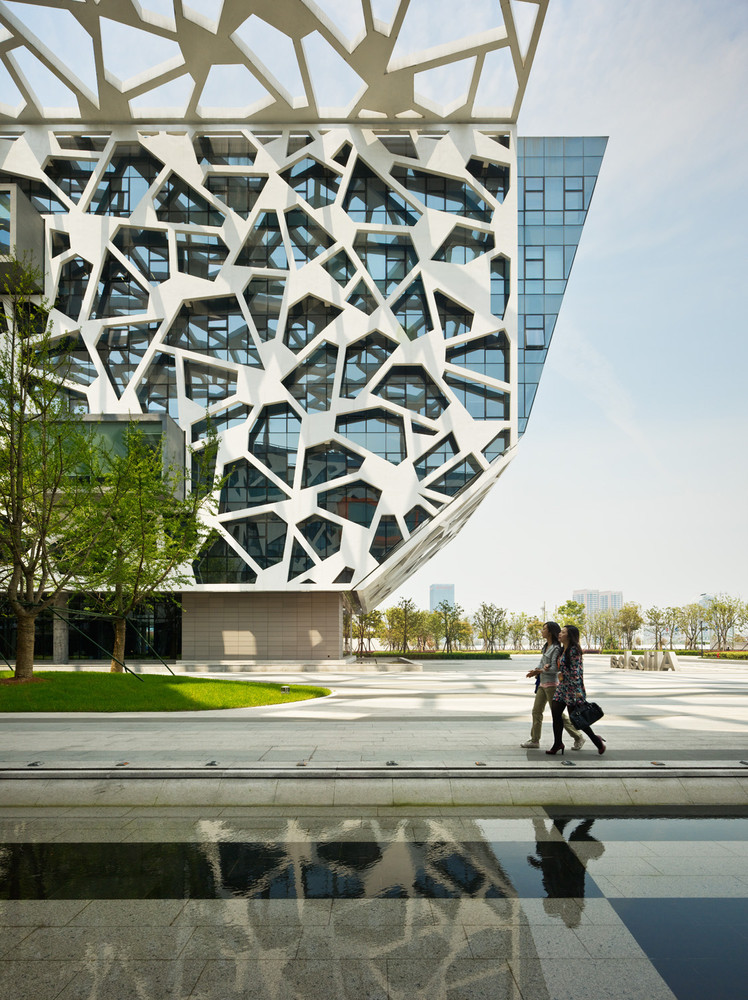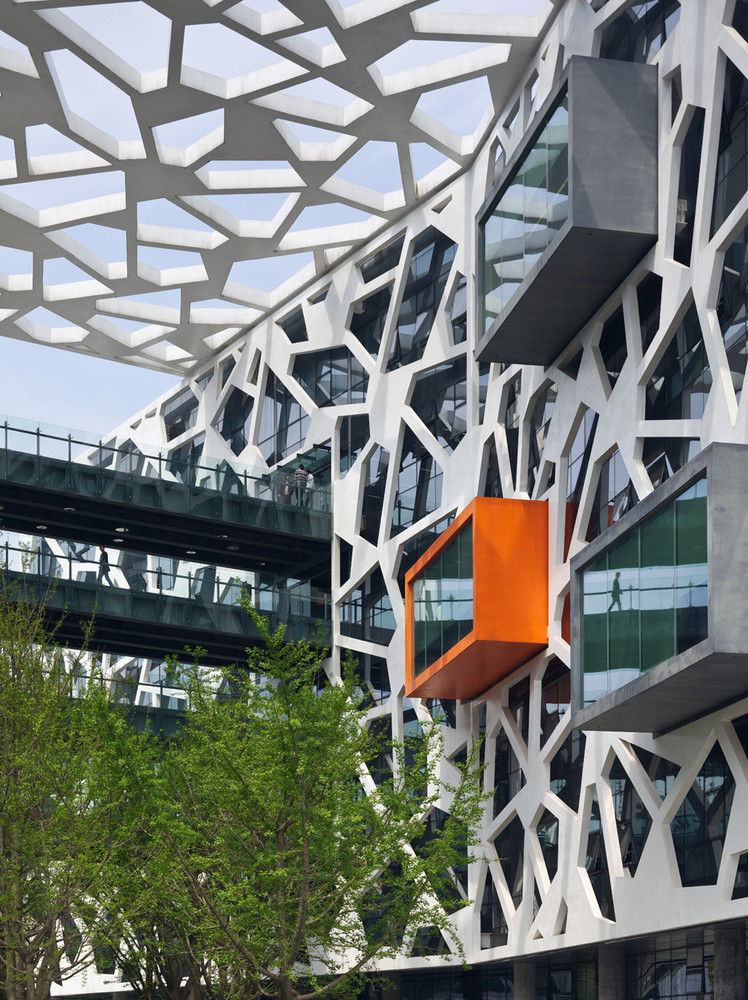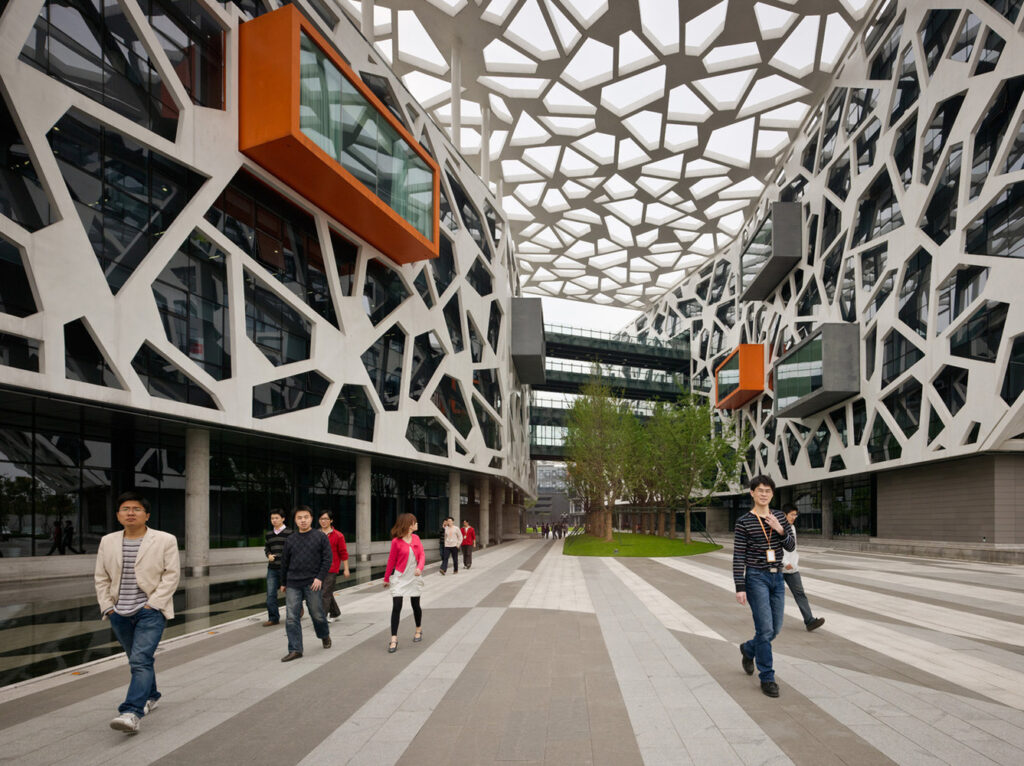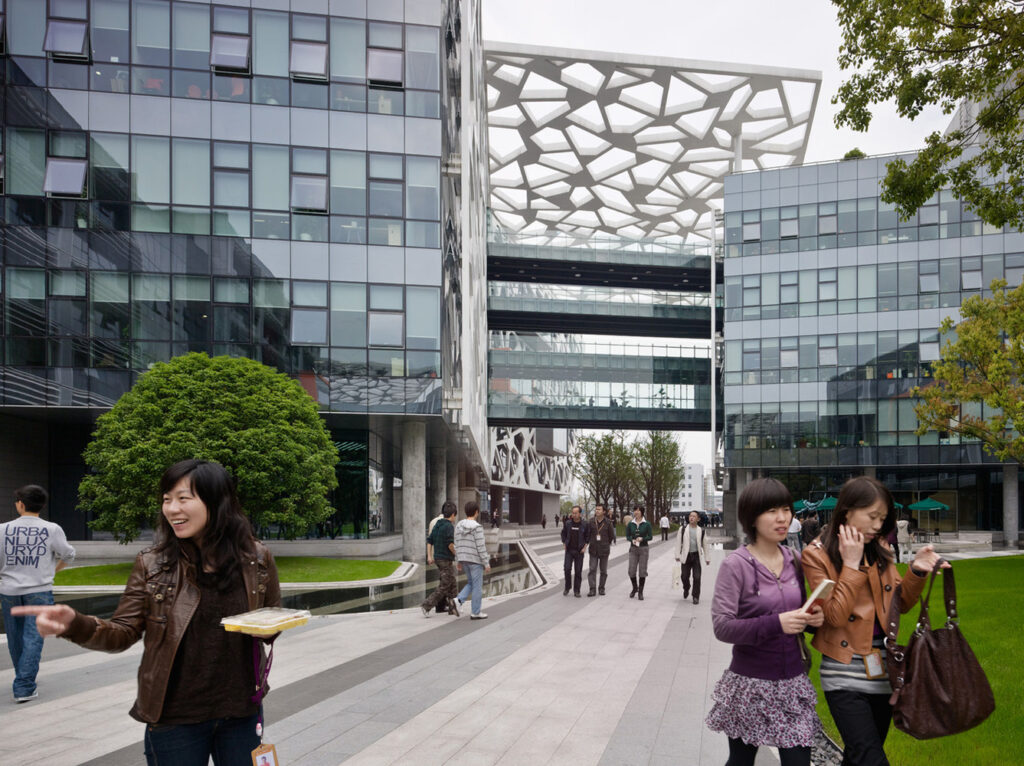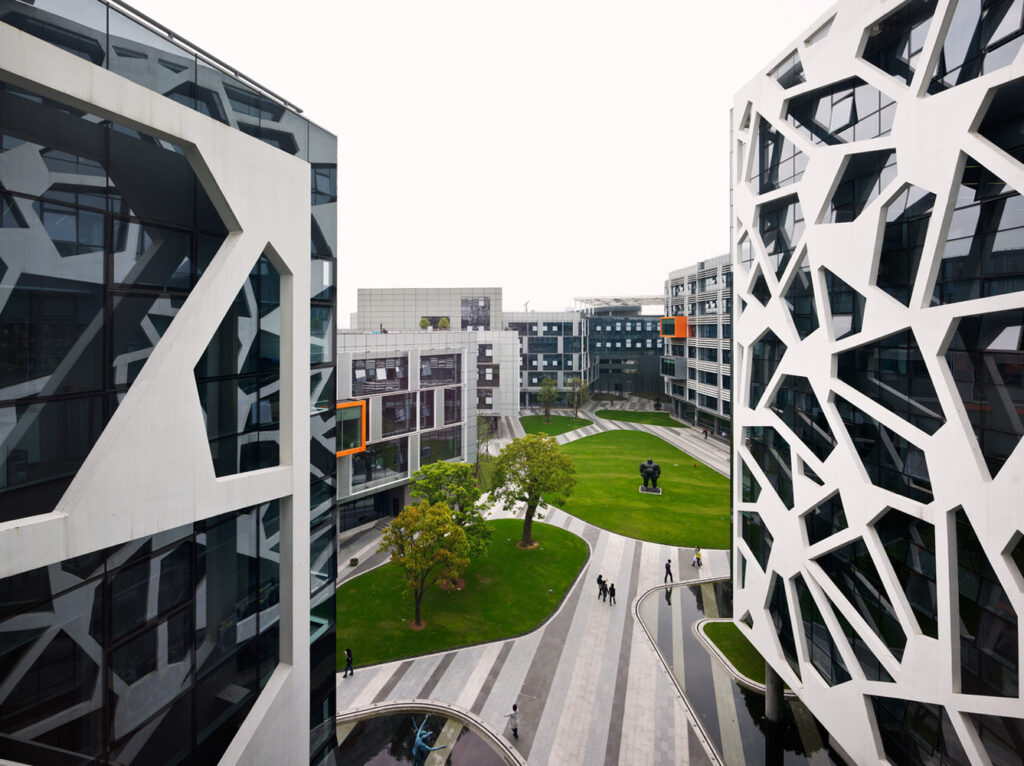Embarking on a brief business trip to Shanghai & Hangzhou, often hailed as the “Chinese Silicon Valley,” felt like stepping into a time capsule catapulting me a decade ahead. Despite my frequent visits to China pre-pandemic, it had been over five years since my last venture into this dynamic landscape. What I encountered during this trip left me awe-struck and compelled me to share these remarkable observations.
ALL GONE: CASH, CARDS, ATMs, BANKS
In the bygone days, my arrival ritual in China involved a stop at the nearest ATM to procure a stack of cash, just in case taxis or remote vendors refused my credit card. However, on this recent journey, locating an ATM proved to be a challenging task. Fortunately, a helpful airport hostess introduced me to the wonders of Alipay and WeChat Pay, ushering me into the realm of China’s advanced digital payment system. From purchasing metro tickets to summoning rides with Didi, China’s Uber equivalent, these apps seamlessly integrated into every facet of my journey, rendering physical currency obsolete.

AFTER SMART PHONES: SMART CARS NOW
Navigating the bustling streets of Shanghai, I couldn’t help but notice a profound transformation in the automotive landscape. The familiar sight of scooters, taxis, and cars was now punctuated by the emergence of electric vehicles, symbolized by fading green license plates. What intrigued me even more was the shift in the automotive market dynamics, with tech giants like Huawei and Xiaomi venturing into car manufacturing, challenging the dominance of traditional players like BMW. The landscape of Chinese electric vehicle (EV) manufacturers was dominated by notable names like BYD (比亚迪), SAIC (上汽), NIO (蔚来), GAC (广汽), Li Auto Inc. (理想), Geely (吉利), XPeng (小鹏), Huawei (华为), Changan Auto (长安), Great Wall Motors (长城).
My ride aboard a NIO vehicle from Hangzhou back to Shanghai provided a glimpse into the future of transportation, with luxurious amenities such as seat-integrated massages and customizable ambient fragrances redefining the travel experience.


STRONGER BIG BROTHER: BUT A CONFIDENT ONE
In a country where surveillance is ubiquitous, I found myself navigating a digital labyrinth of cameras, sensors, and data processing software. Initially disconcerting, this omnipresent surveillance system soon became a reassuring presence, ensuring safety and order in a nation of over 1.4 billion people. What struck me the most was the seamless integration of ID cards into everyday transactions, from purchasing train tickets to accessing platforms, underscoring the efficiency and pervasiveness of China’s surveillance infrastructure.
While riding as a passenger on a recent highway trip, my face unexpectedly came under the scrutiny of one of the myriad cameras lining the route. This triggered an immediate response from the surveillance system, which promptly dispatched an SMS to my phone. It served as a stark reminder of the ever-watchful eye of the surveillance infrastructure.

These insights merely scratch the surface of my explorations in Shanghai & Hangzhou. From delving into the intricacies of Chinese influencer marketing to unraveling the nuances of app culture, I witnessed a convergence of East and West that portends a future where Asian innovation shapes global trends. As Western countries inch closer to embracing the digital revolution sweeping across Asia, the lessons learned from my journey offer invaluable insights into the future of technology and society.
Alibaba Headquarters in Hangzhou features 150,000 square meters of flexible open-plan office space, accommodating approximately 9,000 employees:
